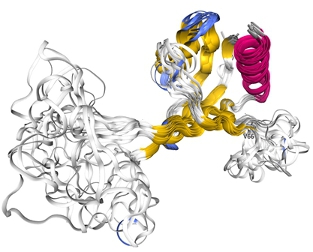
Call for Papers and Posters
Intrinsically Disordered Proteins (IDPs) and Their Functions
Pacific Symposium on Biocomputing
January 3-7, 2020
The Big Island of Hawaii, USA
